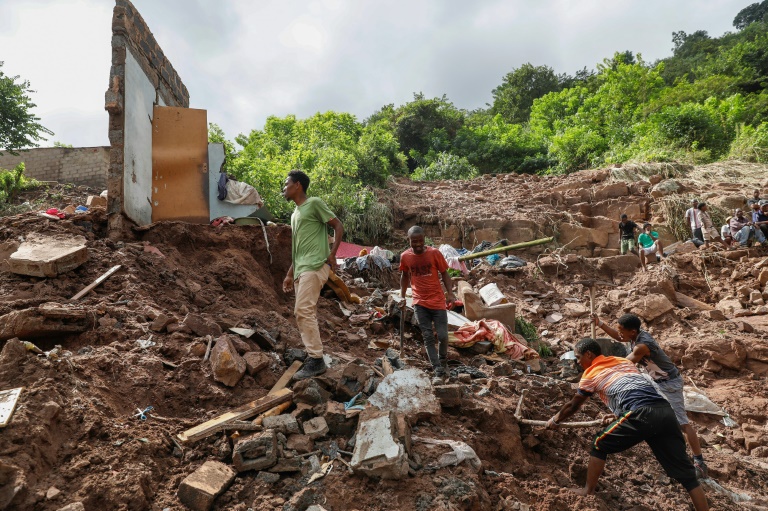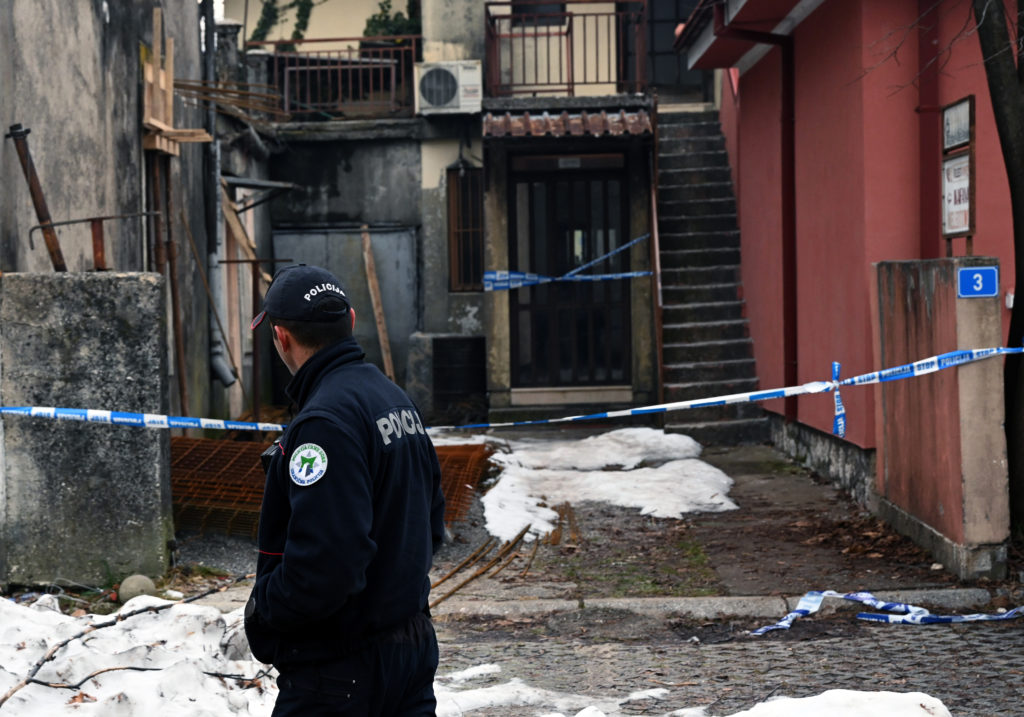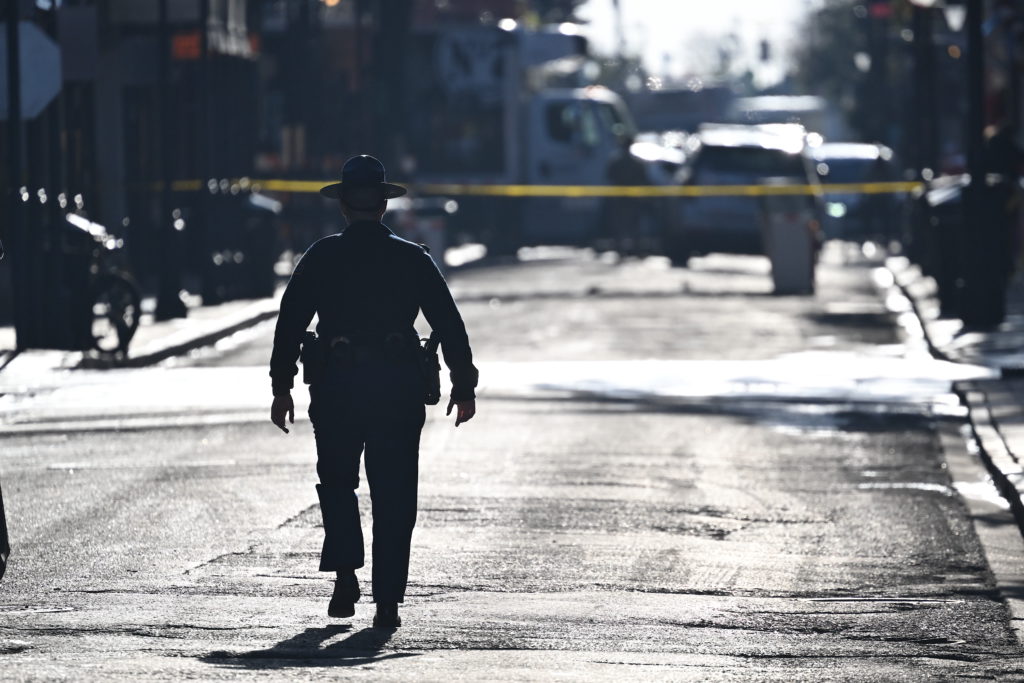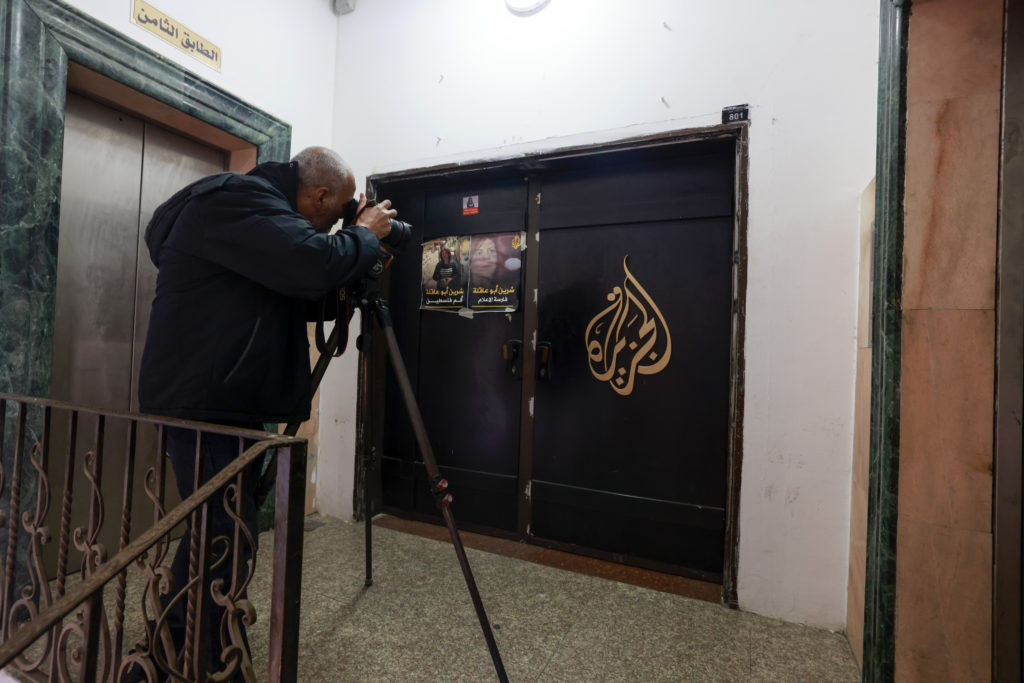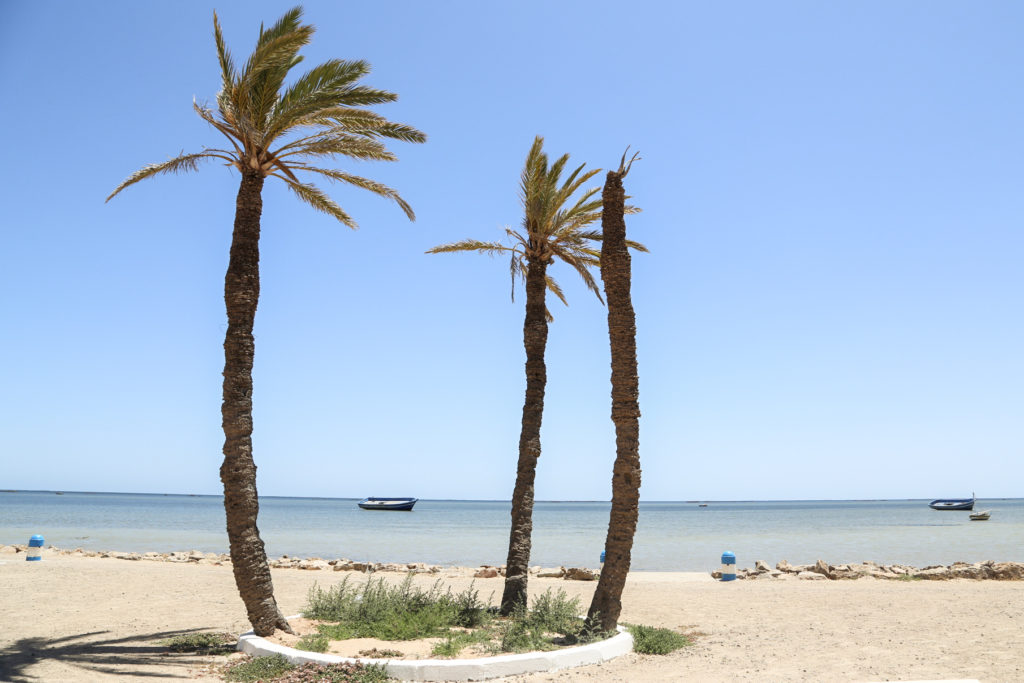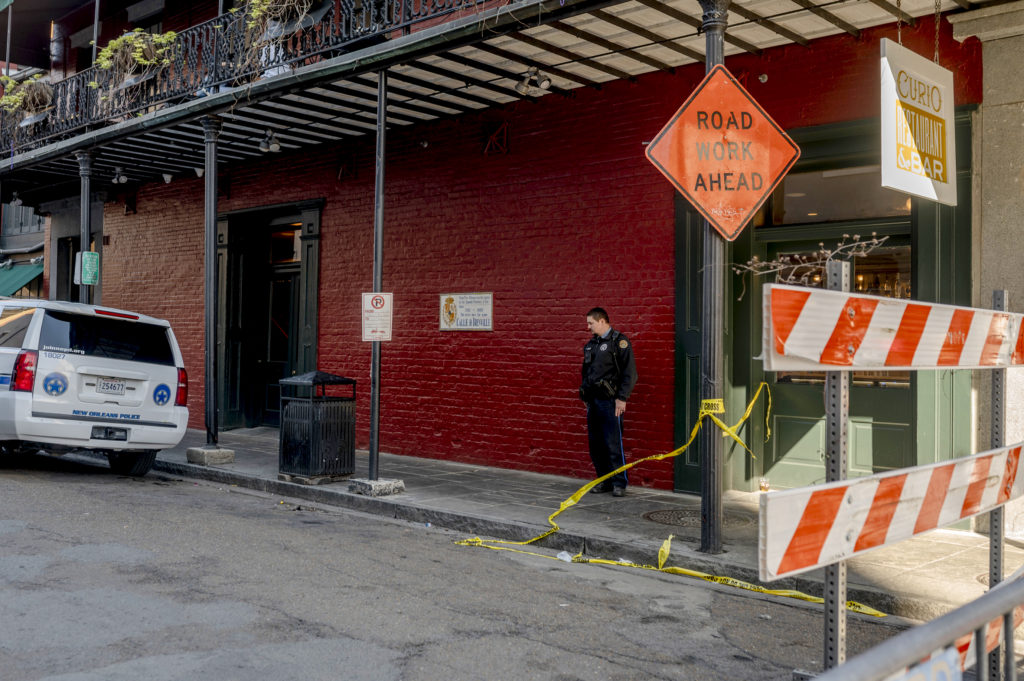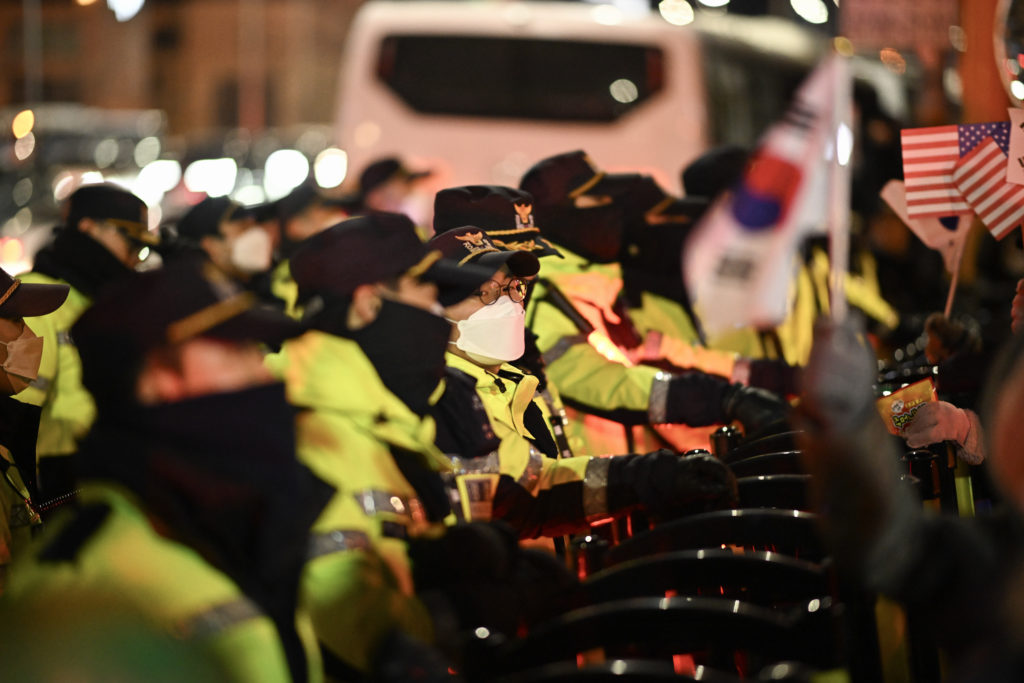Staring at the mound of mud where a house once stood, flood survivor Mluleki Hlophe is in a state of disbelief.
“I’m still shocked and I still don’t believe… my daughter and my sister, my young sisters, my nephews. I still don’t believe,” he says.
More than a dozen South African rescue workers on Friday painstakingly combed through a lush green valley where 10 people from Hlophe’s family have been missing for five days since violent floods tore through Durban city, killing 395 people.
The 32-year-old survivor and other men from the KwaNdengezi township outside Durban have been helping search crews dig through the mud.
Only the body of Hlophe’s mother has been found in the river after the storm cleared.
An officer warns him that the sandy soil will make it harder for the dogs to trace the scent of any other bodies.
Others believe the bodies have most likely been swept away by the swollen river.
Divers search the dirty waters of the river while the dogs unit scours the floodplain.
But after four hours’ searching they find nothing.
– ‘Many people are lost’ –
All along the river, families approach the search teams, begging them to let the dogs try to find their missing loved ones.
Police “didn’t answer our calls and if they did answer, they said there is no help for now because there are many people that are lost”, says Sinenhlanhla Menela, 30, whose sister, 26, and two-year-old nephew are missing.
The head of the search team explains to desperate residents that their resources have been stretched to the limit by the disaster.
With more rain forecast this weekend, any further flooding or mudslides could further hinder efforts to recover more bodies.
Officials have described the heavy rains that hit the southeastern coastal province of KwaZulu-Natal as one of the worst weather disasters in the country’s history.
Dozens of people are still missing.
Police, military and volunteer rescuers have joined forces to respond to the endless stream of calls for help.
“Even with everybody pulling together, the devastation is so vast, we’re very sparsely spread out,” said Travis Trower, director for the volunteer-run organisation Rescue South Africa.
A woman in her late twenties, Hlophe’s sister, was the only survivor from the landslide that swept way the family home.
She had gone to check on an uncle next door, whose house was closer to the river, when the larger homestead was swept away in front of her, Hlophe says. Her one-year-old son was among those lost.
“I don’t even believe anymore that God is here. Because why would he allow us to feel this much pain?” says Mesuli Shandu, 20, a close relative of the family, looking down at the devastated hillside spot where generations of the same family had lived.
“It’s better that we know that this is someone’s grave. Maybe we’ll be able to move on, accept it, because it’s very hard to deal with this,” she says, fighting back tears.

